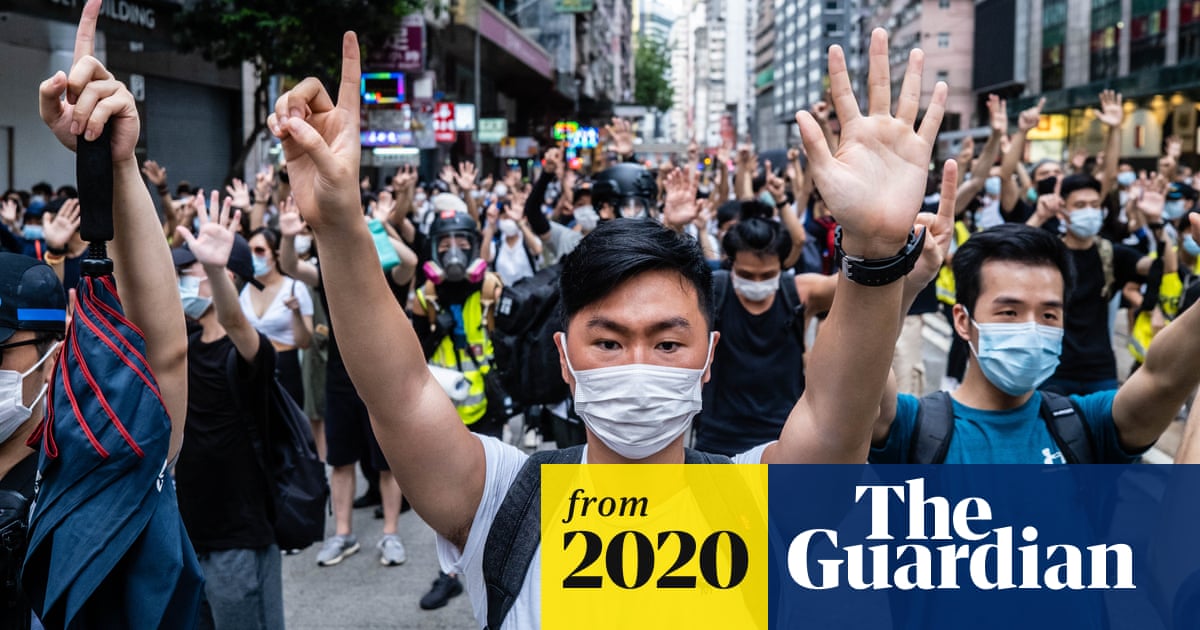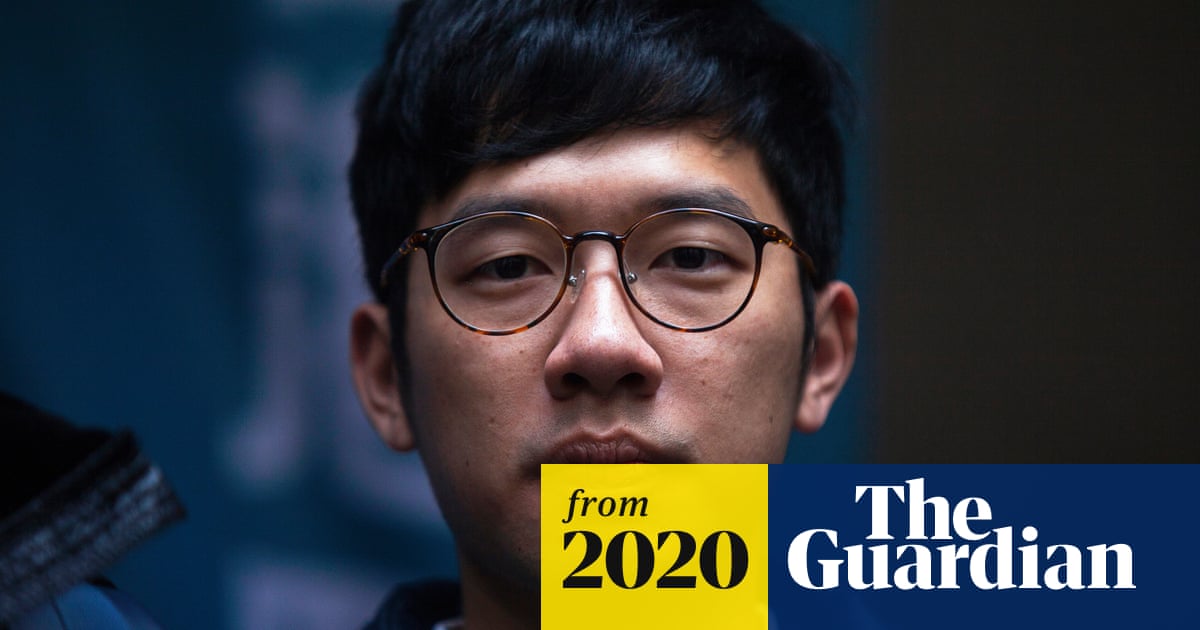Singapore’s experimental digital-ledger-powered payments service has proven itself ready to handle actual transactions in multiple currencies, according to the organisations involved in its final tests.
The effort is called Project Ubin and sprang from the Monetary Authority of Singapore (MAS), the city-state’s central bank and financial regulator. In 2016 MAS 2016 pondered the potential of blockchain to allow decentralised payments that could be faster than current methods that always make one bank or other institution an intermediary/bottleneck for internbank transactions. MAS is interested in such things as part of its day job, but also because it likes to keep Singapore on the bleeding edge and foster local industry.
The result was initially a tokenized version of the Singapore Dollar, but as the experiment progressed it expanded into a multi-currency payment system. Tests of that function have progressed since late 2019 within what participants have described as “a broad ecosystem of FinTechs, blockchain companies and financial institutions”. That testing went sufficiently well that a
report [PDF] released on Monday suggests the model behind Ubin “can be implemented as an international settlement model, which could bring about cheaper, faster and safer cross-border payments.”
Testers of the project in this phase include MAS, JP Morgan, Accenture and Singapore’s sovereign wealth fund Temasek, and in the report on their work they suggest Ubin could take on multi-party payment roles ranging from allowing employment agencies to pay gig workers to making it easier for private and public health insurers to understand how their respective coverage overlaps for a single patient and then make the appropriate payments.
The report also suggests that Ubin could allow central banks and other institutions to transact in multiple currencies on a single platform.
“Central banks would not be comfortable with having their currencies – essentially their liability – freely issued and recorded by a third party outside their control,” the report says, before adding “That said, trust is not a binary ‘all-or-nothing’ concept, and it should be viewed in the context of the criticality of the functions performed and the adverse consequences that may result if performed poorly or maliciously. While there may be no single party trusted sufficiently to maintain ledgers recording central banks’ liabilities, there may still be sufficient trust to have a single party perform functions that are considered less critical, especially where there are strong economic incentives to do so.”
MAS and Temasek now plan to release more details of the effort, presumably at its
GitHub repo. And Singapore gets a blocky feather in its cap, which may be useful given the island nation’s GDP has gone backwards by over 12 percent in Q2 and newly re-elected prime minister Lee Hsien Loong has warned that Singapore’s trade-dependent economy will need to adapt to post-plague conditions.












